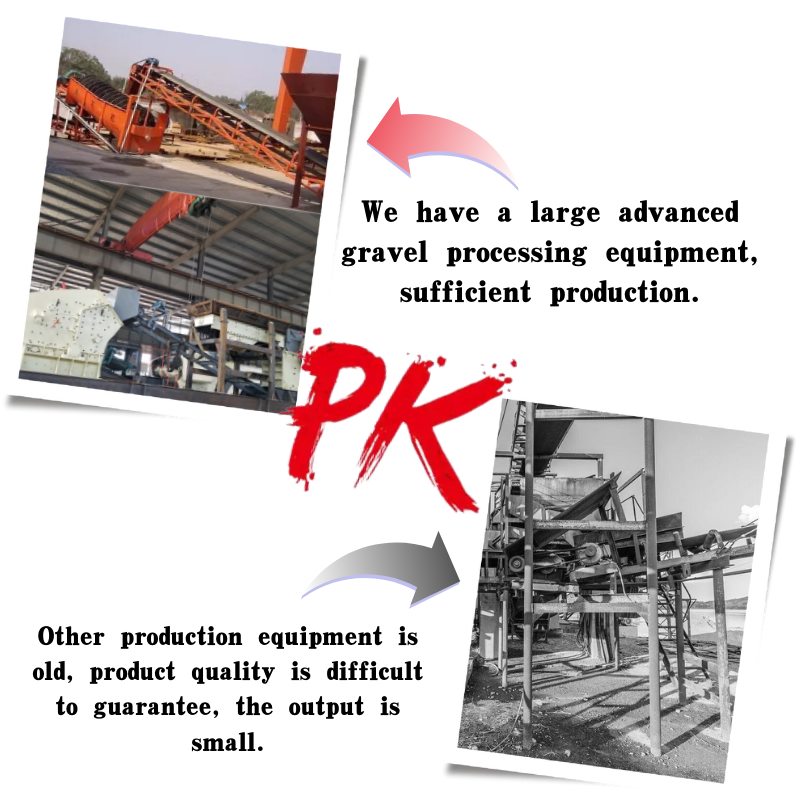
High-Performance 220 Grit Silicon Carbide Powder for Precision Grinding Applications
The Importance of 220 Grit Silicon Carbide Powder in Industry
Silicon carbide (SiC) is a compound of silicon and carbon that is well-known for its exceptional hardness and thermal stability. Among the various grades available, 220 grit silicon carbide powder stands out due to its unique applications in abrasive processes, manufacturing, and materials science. This article explores the properties, applications, and benefits of 220 grit silicon carbide powder, emphasizing its relevance across different industries.
Properties of 220 Grit Silicon Carbide Powder
Silicon carbide powder is characterized by its hardness on the Mohs scale, which is equivalent to 9, making it one of the hardest materials available. The 220 grit classification refers to the size of the abrasive particles, with grit sizes denoting the coarseness or fineness of the material. Specifically, 220 grit means that the particles are of a specific dimension, allowing for a balance between cutting speed and surface finish.
In addition to its hardness, silicon carbide exhibits excellent thermal conductivity and resistance to oxidation, which contribute to its superior performance in high-temperature applications. Furthermore, its chemical inertness makes it suitable for use in various harsh environments.
Applications of 220 Grit Silicon Carbide Powder
The versatility of 220 grit silicon carbide powder makes it invaluable across several industries
1. Abrasives Manufacturing This grit size is commonly used in the production of grinding wheels, sandpaper, and other abrasive tools. The 220 grit provides a fine finish, making it ideal for smoothing surfaces without material removal that is too aggressive.
2. Metalworking In metalworking processes, silicon carbide powder is used for grinding and polishing metals. Its hardness allows it to effectively cut through tough materials, making it a preferred choice in both manufacturing and machining operations.
3. Ceramics and Refractories The powder is often utilized in the formulation of ceramics and refractory materials. The high thermal stability of silicon carbide allows these products to withstand extreme temperatures, which is critical in applications such as kilns and furnaces.
220 grit silicon carbide powder

4. Composite Materials Silicon carbide powder is used as a filler material in the production of composite materials. These composites benefit from the high strength and thermal resistance provided by silicon carbide, making them suitable for applications in aerospace and automotive industries.
5. Polishing and Finishing The fine abrasive nature of 220 grit silicon carbide makes it ideal for polishing processes. It is widely used in industries that require a high-quality finish, such as the optical and electronics sectors.
Benefits of Using 220 Grit Silicon Carbide Powder
The use of 220 grit silicon carbide powder comes with a plethora of benefits
- Efficiency Due to its hardness, silicon carbide is capable of maintaining sharp cutting edges longer than softer materials. This results in increased efficiency during machining and polishing processes.
- Versatility The adaptability of this powder across various applications and industries makes it a practical choice for manufacturers looking to streamline their processes.
- Cost-Effectiveness Although silicon carbide is more expensive than other abrasives, its longevity and effectiveness can lead to savings in both time and material costs in the long run.
- Environmental Resilience Silicon carbide's stability under high temperatures and reactive environments contributes to its sustainability in various industrial applications, ensuring it can withstand demanding conditions over time.
Conclusion
In conclusion, 220 grit silicon carbide powder serves as a crucial material in various industries due to its hardness, versatility, and efficiency. Its applications range from abrasives manufacturing to ceramics and metalworking, highlighting its importance in modern production processes. As industries continue to pursue higher quality and efficiency, the demand for advanced materials like silicon carbide will likely increase, solidifying its role as a fundamental component in manufacturing and beyond.
Share
-
Premium Pigment Supplier Custom Solutions & Bulk OrdersNewsMay.30,2025
-
Top China Slag Fly Ash Manufacturer OEM Factory SolutionsNewsMay.30,2025
-
Natural Lava Rock & Pumice for Landscaping Durable Volcanic SolutionsNewsMay.30,2025
-
Custom Micro Silica Fume Powder Manufacturers High-Purity SolutionsNewsMay.29,2025
-
Custom Mica Powder Pigment Manufacturers Vibrant Colors & Bulk OrdersNewsMay.29,2025
-
Custom Micro Silica Fume Powder Manufacturers Premium QualityNewsMay.29,2025






